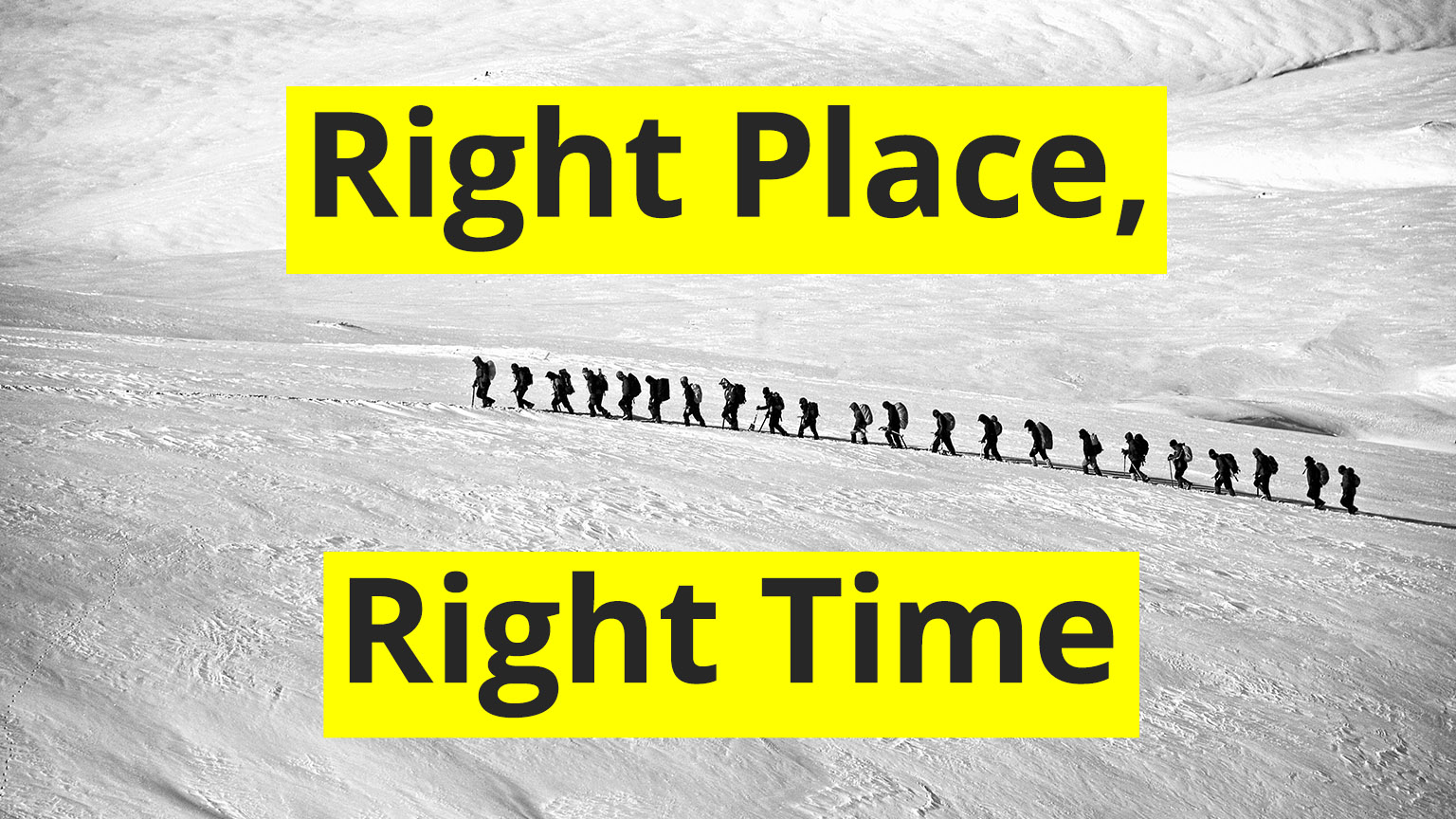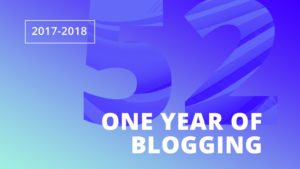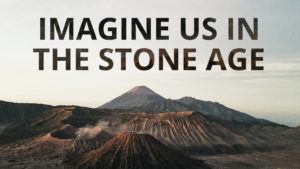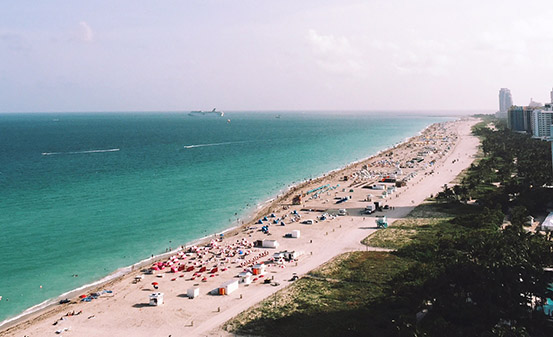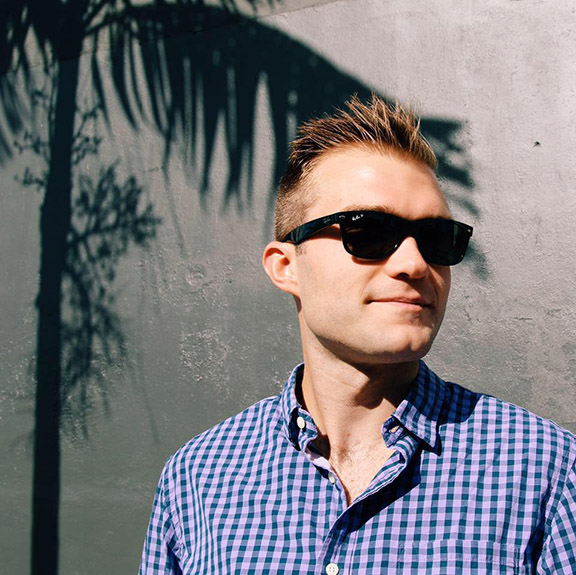This is Not an Article About Luck
This week, I want to talk about timing. Timing matters.
When we choose launch a product, start a new job, enroll in university, run for elected office, write a book, etc. is critically important. At any given point in time, the things going on in our own lives, as well as the dynamics in the world around us, play a humongous role in shaping the success of what we’re trying to accomplish.
My fascination with “timing” began a few months ago after a quick Google search. I was convinced there had to be a strong correlation between the most successful bloggers on the planet and the year in which they started… Sure enough, there was.
Before we go any further, I want to be clear that I’m not referring to luck. I don’t believe in luck.
Instead, I want to talk about opportunities and successfully taking advantage of them.
To prove my point, I’m going to use three mini case studies below (they’re short so this article isn’t 22 pages)…
Case Study #1: The Rise of Blogs & Content
As the economy started to boom again after the Great Recession, so too did the quantity and quality of online content. There is a clear and indisputable trend between some of the most followed content creators and when they started publishing. All of them began in a two-year window.
- Tim Ferrris: Released episode #1 of his podcast in 2014
- Gary Vaynerchuk: Launched his YouTube show in 2014
- Tim Urban: Started “Wait But Why” in 2013
- Casey Neistat: Published his first daily vlog in 2015
A select group of marketers saw an opportunity and exploited it before the whole world caught on and saturated the market.

Case Study #2: Elon University’s Metamorphosis
Elon University is widely regarding as a model for transforming a small college in the middle of nowhere into an acclaimed liberal arts university.
Profiled in George Keller’s 2004 book, we learn how Elon’s leadership identified a crucial opportunity in the early 2000s among higher education institutions. An unfilled niche had formed between large state-run schools, bureaucratic private universities, and small community schools for students looking for a more engaged college experience.
The timing couldn’t have been better. Just like the marketers in case study #2, Elon identified changing variables, organized the necessary resources, and capitalized on the opportunity better and faster than anyone else.
Case Study #3: J.D. Vance & “Hillbilly Elegy”
In the summer of 2016, J.D. Vance wrote a book about the struggles of working class Americans in poor Rust Belt towns. It’s a fine book, though I wouldn’t really consider it a work of literary greatness.
It became a #1 New York Times Bestseller overnight and was touted by the likes of Bill Gates and David Brooks as one of the best books of the year.
Do you think this would’ve happened had Trump not won the election just 5 months after the book was released? Perhaps not… Vance’s book profiled the very group of people who propelled Trump to one of the the biggest election upsets of the century.
Yet again, timing was of critical importance in the success of this book.
Just one year earlier, and people likely would not have cared about Middletown, Ohio. Just one year later, and someone would’ve already beat him to the punch.
What Does This Mean?
It’s no secret we live in a crazy, rapidly-changing world. When an opportunity presents itself, there isn’t a second to waste.
My point in writing this article is twofold:
1) Being in the “right place at the right time” should not be attributed to luck. It’s always dependent on action (as we saw in the three case studies).
2) Often times, there is more than meets the eye behind every endeavor. Timing is a variable we cannot ignore.
All of this begs the question… Is now the right time to launch the project you’re working on?
See you next Sunday at 8:30pm. 🙂

